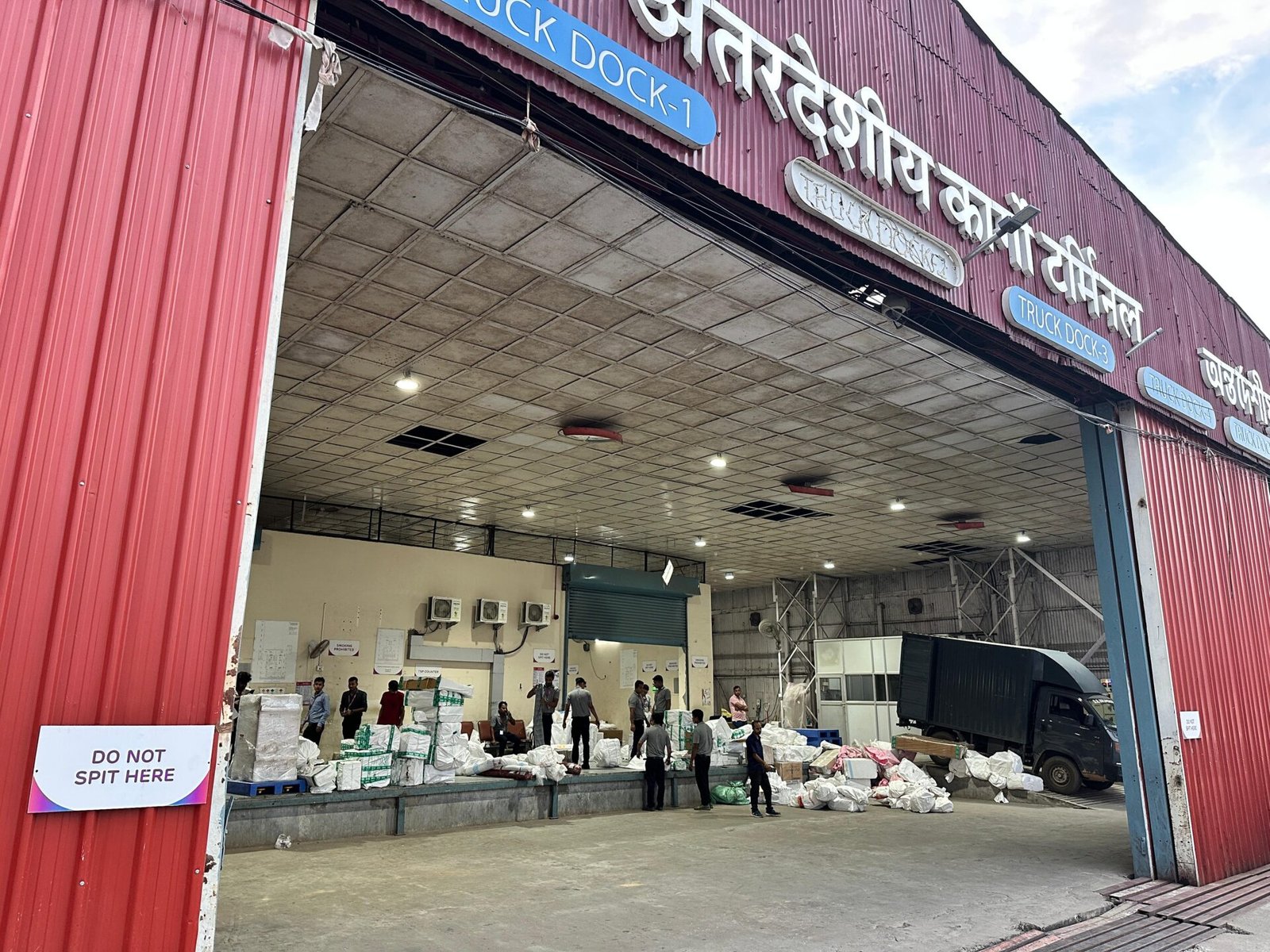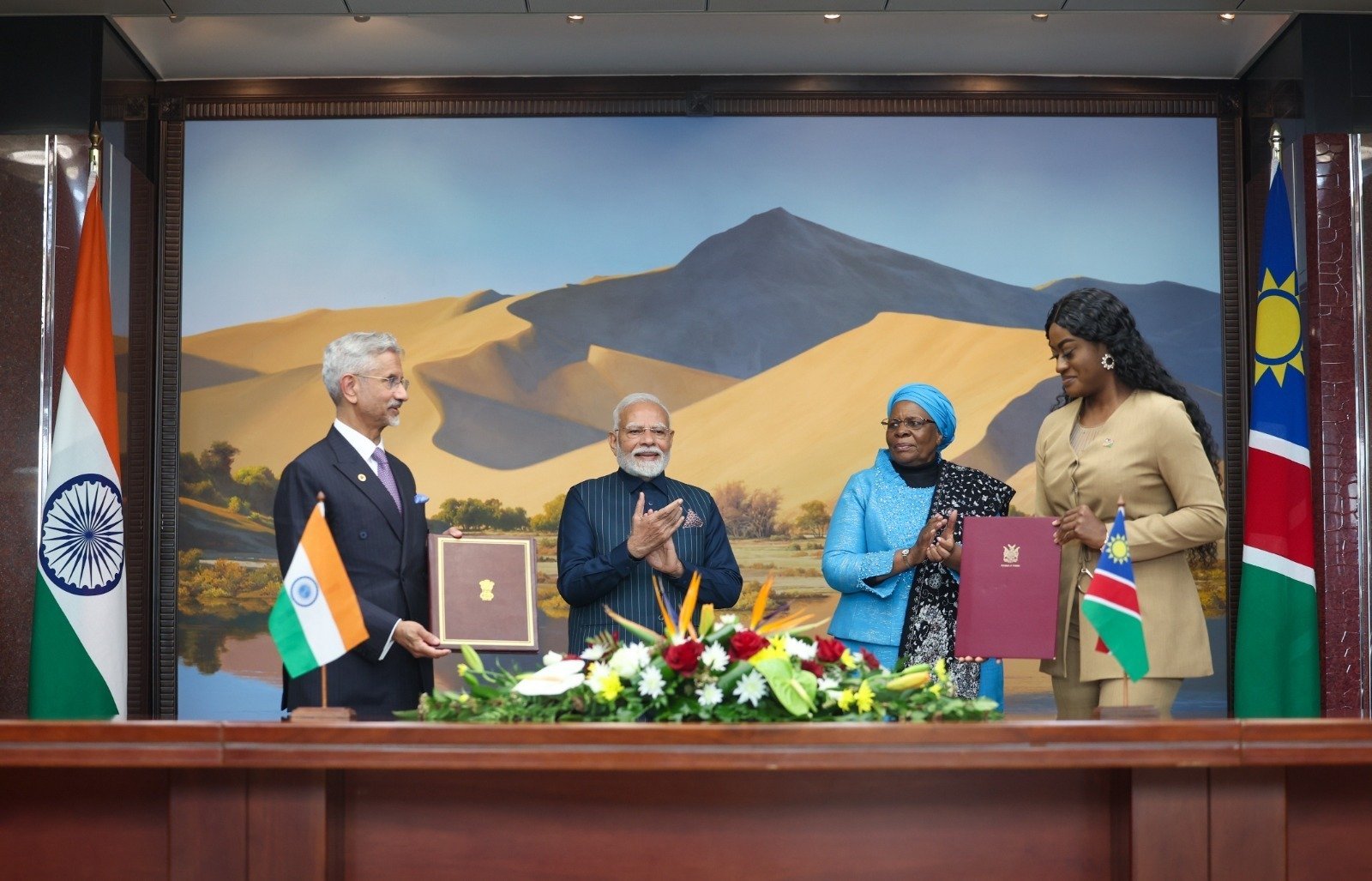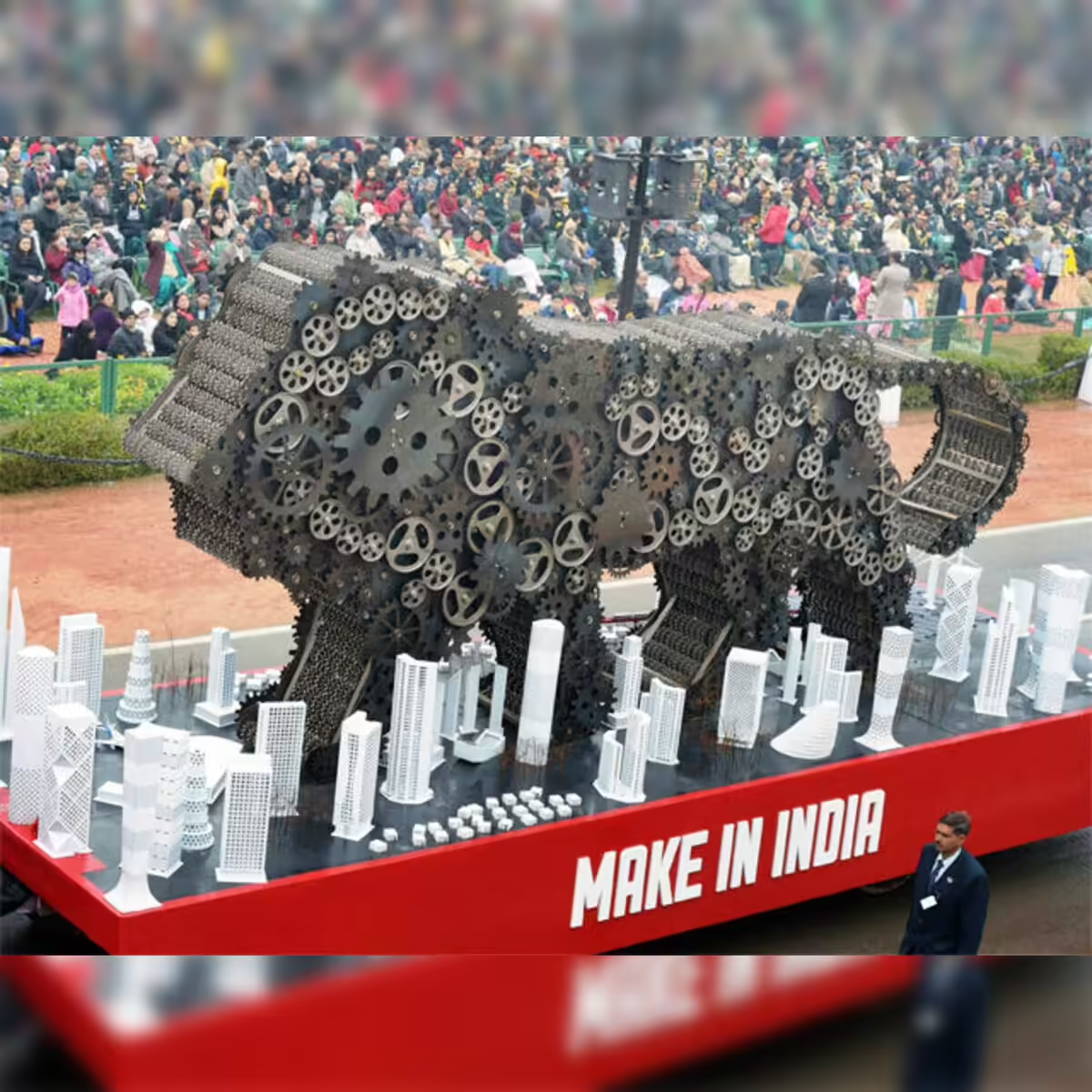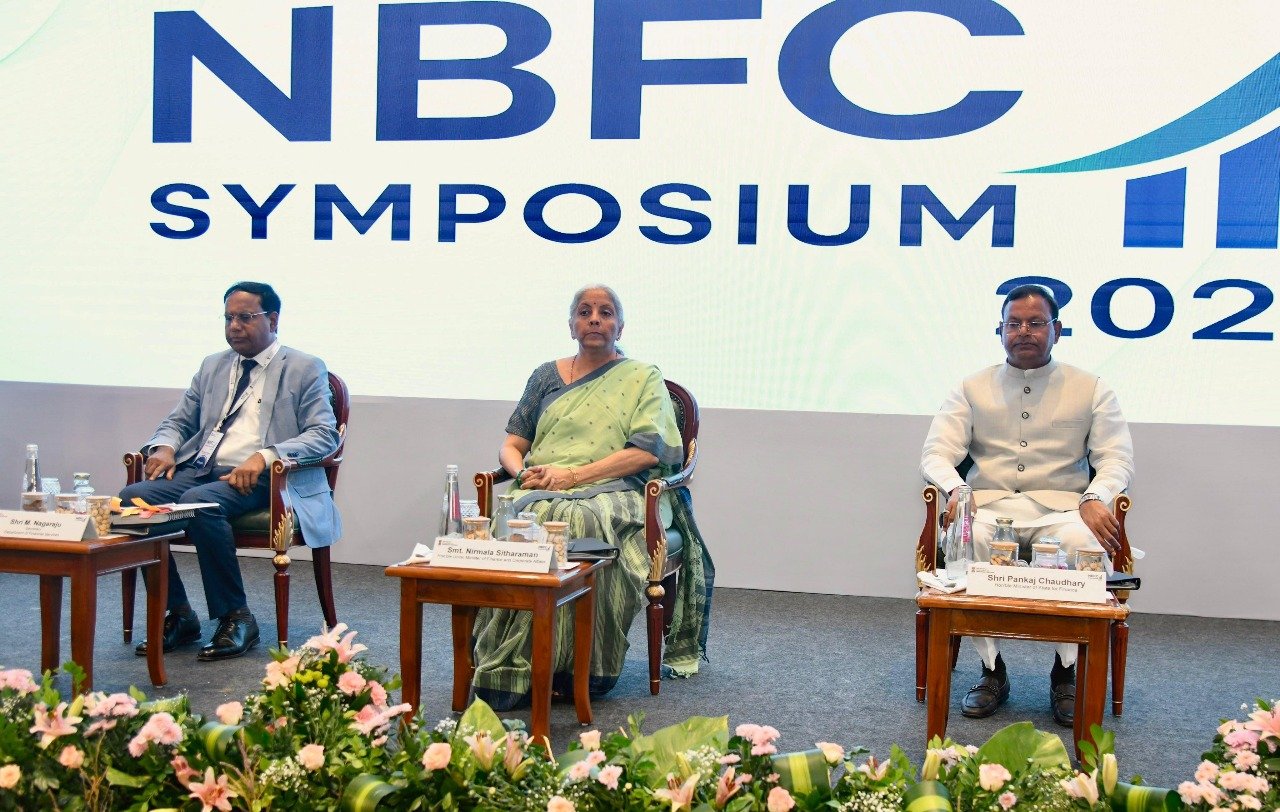Patna (Bihar) [India], Mar.7 (ANI): Rukhsana Bano, 45, living in Patna, Bihar is a mother of three. She has planned her family well. Both she and her husband were clear from the beginning -they wanted to limit the size of their family and wanted reasonable spacing between childbirths.
This they believed was crucial for the health of the mother and child. However, they are exception. For most people, family planning is a concept, far removed from their lives. Laments Rukhsana, “People think that it is a bad sign if you don’t have a baby soon after marriage. “Even your own family members begin talking ill about you. Why don’t people stop to think about your health or that of your children?”
The thrust on family planning under the National Health Mission, Government of India programme, provides for a basket of contraceptive choices. This constitutes a mix of contraceptives that include injectables and oral pills. But Rukhsana is skeptical, “It is the couples who have to decide when and how many children they want to have. The choice is yours. The government has nothing to do with it.”
Rukhsana Bano has hit upon a home truth. Even in a city like Patna, women have very little say in matters related to their reproductive health. Chanda Kumari, a homeopathic doctor based in the city gives an insight, ” I find that many women visiting my clinic face issues of unwanted pregnancies. I share with them the information on various methods of family planning. But they have only one answer – their husbands do not want to use any of the methods. Still I persist and tell them to talk openly with their husbands. But I know that very few women will have the nerve to do so”.
According to World Health Organization figures, five million 29 thousand women die every year during childbirth globally. Of this, 1 lakh 36 thousand -a whopping 25.7 percent of these women are from India. Figures also indicate that in India, every five minutes a mother dies during pregnancy and child birth. This is corroborated by Population Foundation of India, an NGO working towards effective formulation and implementation of gender sensitive population, health and development strategies and policies. According to its findings, close to 2,72,000 women have lost their lives during pregnancy in a 10-year period from 1995 to 2015.
These figures are deeply disturbing and the issue has merited a policy response, one that recognizes the criticality of spacing and limiting births in order to control the galloping maternal and child deaths. At the two-day National Summit on Family Planning on 5th April 2016, J P Nadda, Union Minister of Health and Family Welfare pointed in this direction, “There has been a paradigm shift and family planning has now emerged as a key strategy to reduce maternal and child mortalities and morbidities.”
Women like Rukhsana Bano represent the face of change, required for this policy thrust to take root amongst stakeholders -primarily men and women in the reproductive age group. Irfan Alam, a civil engineer with a company in Kuwait hailing from Jehanabad district, Bihar recalls, “I grew up in a large family. From my earliest memories, I have seen how Ammi and Abbu have struggled to bring us all up, facing so many difficulties. By the time I grew up and got married, I was clear that I wanted a small family. I know how harmful it can be for a mother’s health if she has repeated pregnancies. This will equally impact the children.” Right from the outset Alam and his wife adopted family planning measures.
Although Rukhsana Bano and Irfan Alam represent a miniscule of the population where uptake of family planning measures is urgently required- they signify hope. Somewhere the old norms have to be shaken off, mindsets need to change so that family planning does not stay limited to a top-down programme driven by government policy. Men and women; mothers and fathers from across the country, from all sections of society really need to reach out and make it work in their lives. They could thus create family units that are healthy and happy.
The views expressed in the above article are that of Mr. Mario Noronha of Charkha Features.(ANI)








